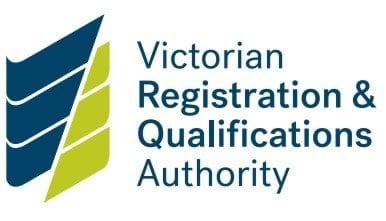About the Standard
Keeping children safe is an important responsibility for providers.
It is important to ask children when they feel safe, and when they feel unsafe. Helping children to speak up about issues of safety and wellbeing helps reduce the risk of harm. Children have the right to be protected wherever they are, and that includes learning away from home.
This Standard requires providers to create a culture that:
- informs children about their rights
- offers children access to sexual abuse prevention programs
- values and encourages student voice
- recognises the importance of friendships and peer support
- equips staff and volunteers to identify and act against signs of abuse and harm.
Are you a registered school?
CRICOS schools and SEOs that are also registered schools should follow the child safe advice for schools. They must ensure their CRICOS and SEOs operations are incorporated into the school’s compliance with the Standards. They should tailor advice to their international student cohort and community.
Schools - child and student empowerment regulations
Children and young people are empowered about their rights, participate in decisions affecting them and are taken seriously.
A CRICOS or SEO school complying with this Standard may:
- continually review child safety for international students
- offer professional learning to international staff and volunteers to:
- recognise signs of harm
- report concerns
- support students to express their views
- be responsive to feedback from students, parents and homestay or host families
- emphasise friendships to strengthen confidence and engagement
- provide child-appropriate and accessible safety training
- create opportunities for international students to have a say about issues affecting them:
- physical environment
- staff behaviour
- school practices
- provide evidence of accessible child-friendly complaint mechanisms for international students
- document actions and strategies to support international students to:
- understand their rights
- connect with their peers and not be isolated
- raise concerns
- provide input relating to the school's operations and environment
- be made aware of and access sexual abuse prevention programs.
Are you a non-school student exchange organisation?
Non-school student exchange organisations (SEOs) should follow the advice provided on this page and ensure that student care and oversight of inbound and outbound exchange programs match.
How to comply
A non-school SEO must provide evidence of:
- staff and volunteer training to identify signs of harm
- a Child Safety Code of Conduct for staff and volunteers
- the provision of student sexual abuse prevention programs where relevant
- exchange students that are informed about their rights including to safety and participation
- supporting exchange students to make connections and be less isolated
- forums for exchange students to have a voice in decisions affecting them
- how the SEO is responsive to children's feedback
- communication and engagement resources including website, marketing and exchange student handbook that:
- is age-appropriate
- written in plain English
- includes how to report concerns.
Examples of compliance
A non-school SEO complying with this Standard may:
- review, revise and update existing documents
- support complaint mechanisms for exchange students to raise safety issues and feedback about:
- physical environment
- host family
- host school
- SEO staff and volunteers
- SEO practices
- have strategies to manage risks to the safety and welfare of exchange students
- develop a Child Safety Code of Conduct that specifies acceptable and unacceptable behavioural standards
- train staff and volunteers to help them understand, recognise and act on signs of child abuse or harm
- promote communication and engagement resources that explain the complaints process and how to access sexual abuse prevention programs. This could be as part of the:
- SEO's website
- student exchange handbook
- welcome pack
- information sessions
- marketing material.
Updated


